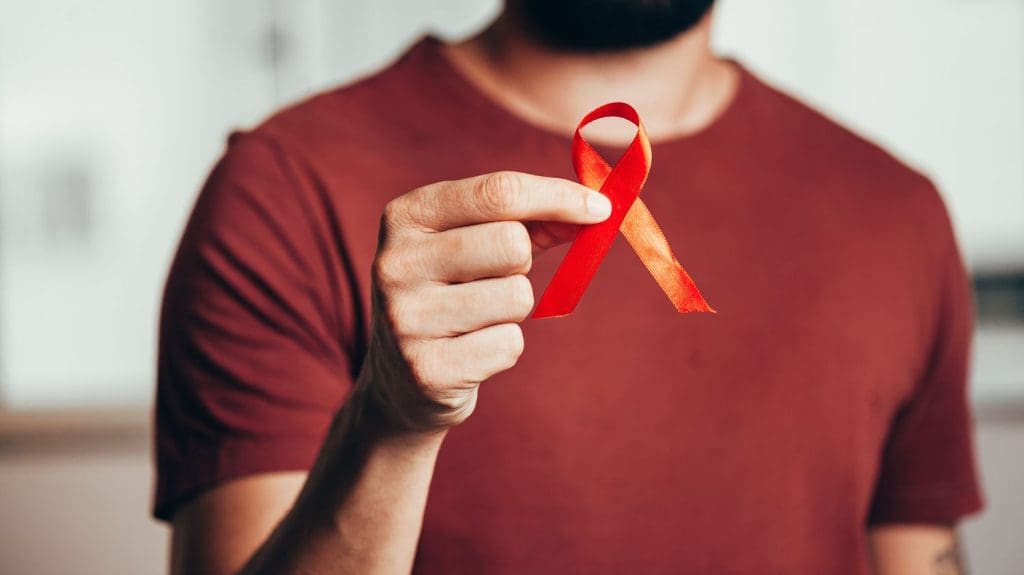We’re decades into the global fight against HIV/AIDS, yet more than half of Americans still don’t feel knowledgeable about HIV.
A recent report from GLAAD is shedding light on the state of HIV stigma in the United States, and it looks like we have a long way to go. Of the 2,500-plus U.S. adults surveyed, just 48% said they consider themselves knowledgeable about the virus. That’s a decrease of three percentage points from 2020’s report.
What’s more, more than half of respondents (53%) expressed discomfort at the prospect of being treated by a medical professional living with HIV, and 44% said the same about an HIV-positive hair stylist or barber. These fears are unfounded since people receiving proper treatment for HIV cannot transmit the virus, but their pervasiveness points to a dire need for increased education and awareness around HIV treatment and transmission.
The HIV epidemic won’t end until we tackle the effects of stigma.https://t.co/R9quHC7otW
— GLAAD (@glaad) August 27, 2021
“People still see HIV and AIDS as a death sentence,” Tatiana Williams of TransinclusiveGroup told GLAAD. “We have to normalize the conversation surrounding HIV, and how HIV impacts the entire community, not just certain communities and/ or sub-groups.”
Researchers chalk part of these lingering stigmas up to a decrease in consistent media coverage of recent developments in the fight against HIV/AIDS, like the widespread use of Pre-exposure prophylaxis (PrEP) or Moderna’s HIV vaccine trials, and an increase in misinformation about HIV purported by public figures, including everyone from popular rapper DaBaby to the former president.
On the bright side, this trend appears to be changing. Fifty-six percent of respondents told GLAAD they are seeing more stories about people living with HIV in the media, up four points from 2020. In the past year alone, celebrities like Pose star Billy Porter and ABC news producer Tony Morrison have opened up about their status, providing more nuanced and contemporary accounts of what living with HIV is actually like.
Read the full report here.

